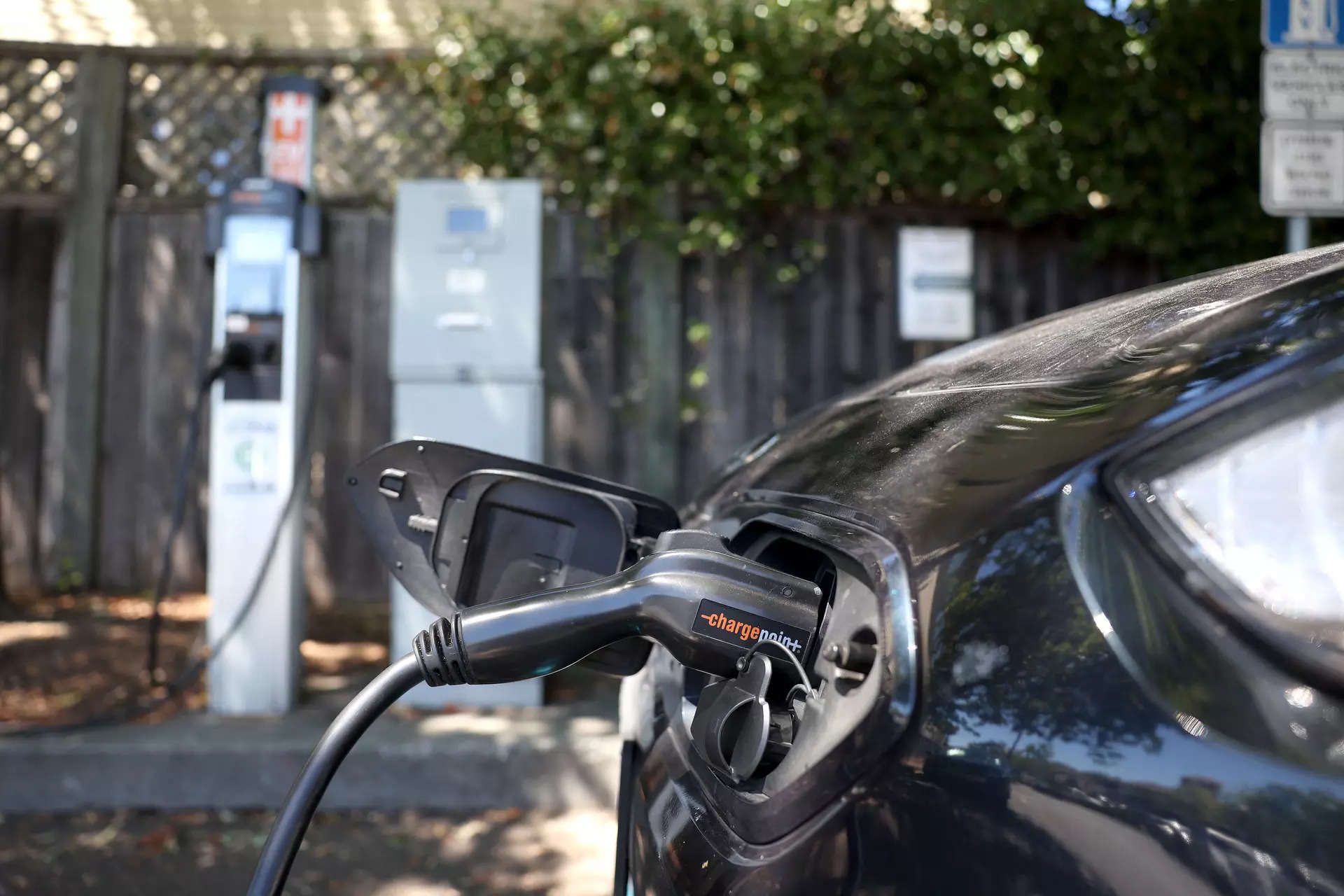
It may not seem like a great time to be in the EV charging business. Electric-vehicle sales growth is slowing, and public money for charging is merely trickling out when the industry could use a flood of funds.
But investor enthusiasm isn’t waning. Danish startup Monta has raised €80 million (USD 87 million) in venture capital to expand its EV charging management business across Europe and the US.
Monta focuses solely on software, handling the app and operations for companies that run charging stations for customers or employees. This requires less capital and allows Monta’s system to sync with most station equipment, according to chief executive and co-founder Casper Rasmussen.
Waves of software firms like Monta have followed equipment makers, energy providers and Tesla Inc. into the market, chasing the ample public subsidies for EV charging, including USD 7.5 billion just in the US.
“One big winner is going to emerge,” said Juan Muldoon, a partner with Energize Capital, which lead Monta’s investment round. “We believe that Monta is in position to be this.”
One edge for Monta will be where it’s positioned. EV charging has taken off in Europe, where more than 50,000 ultra-fast connectors were added since 2020, according to BloombergNEF data. The research firm estimates that Europe has more than twice as many EV fleets as the US.
Rasmussen said that Monta, which has raised a total of €130 million since its founding in late 2020, is integrated into more than a third of the charge points in its native Denmark. The startup has expanded to 20 countries and counts the UK as its biggest market by sales. Monta recently partnered with German industrial giant Siemens and claims its revenue grew six-fold last year. (Rasmussen didn’t share the actual revenue.)
The startup may face difficulty maintaining high growth across the Atlantic. The number of new charging installations in the US fell well short of BNEF’s forecast last year, clouding the outlook for companies like ChargePoint Holdings Inc. that offer both EV station hardware and software, and have struggled to compete with Tesla’s network.
BNEF analyst Ryan Fisher sees more competition benefiting software specialists like Monta. He predicts that companies managing stations will want to contract separately with equipment makers and software firms to gain more negotiating power.
Monta also sees opportunities working more closely with electricity grids. The startup introduced a feature in a few countries that can pause automatically during peak demand and offer discounts to customers that sign up.
A future where EV owners regularly return power to the grid is coming “very, very soon,” said Ellen Trolle, a vice president for Norlys Energi, a Danish utility and Monta customer. “Monta is the software provider in the market best prepared for that.”
First, though, the startup will have to contend with Tesla’s expansive network and competition from oil and gas firms, which are increasingly eying the stations replacing their gas pumps. “Eventually, they are going to come,” Rasmussen said.
He’s less concerned with the occasional dip in EV sales.
“Yes, it might slow down in Sweden or Germany for a couple quarters,” Rasmussen said. “But there’s always another country picking up at the same time.”

